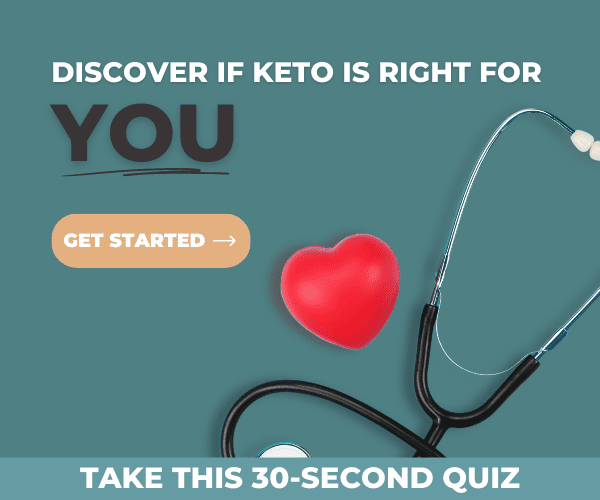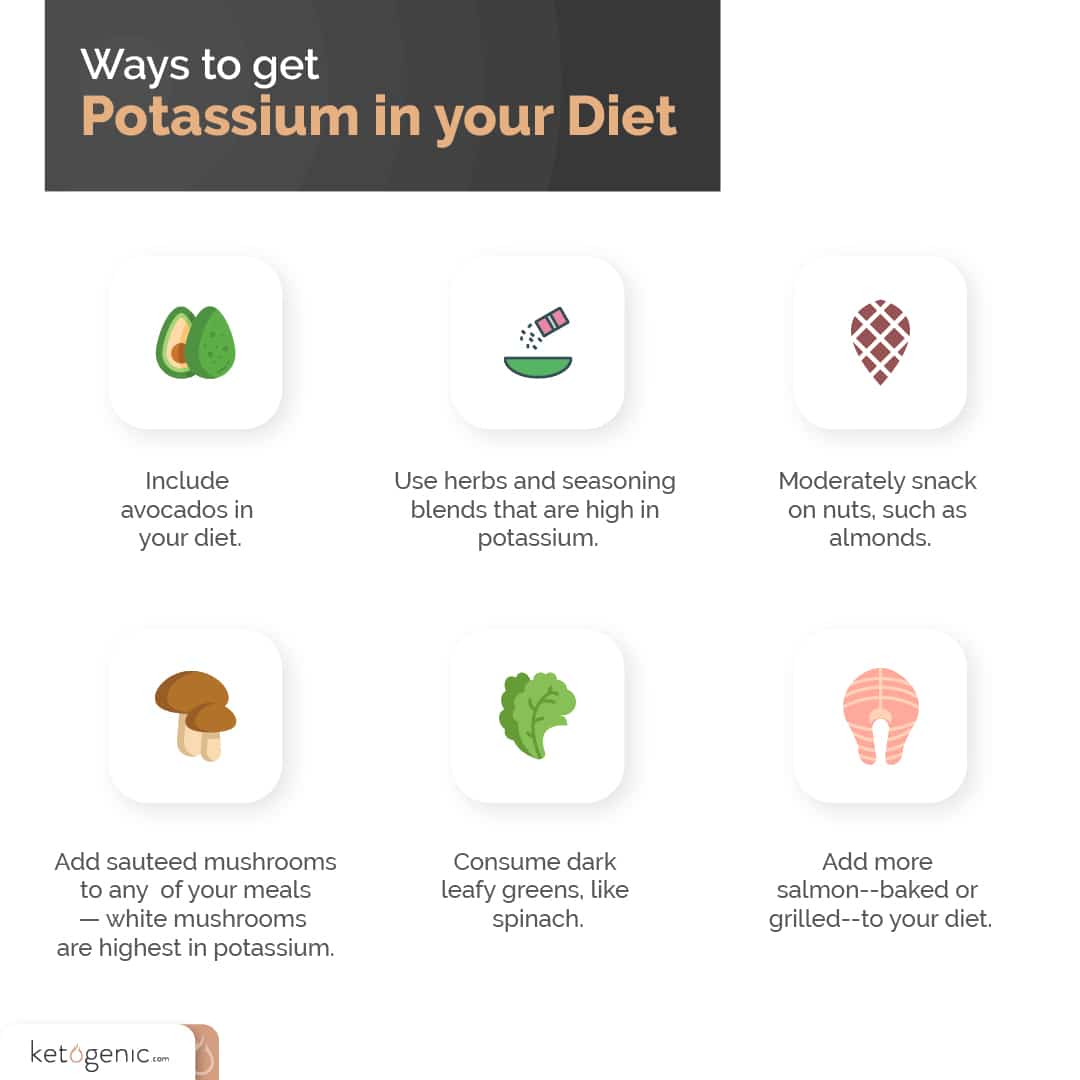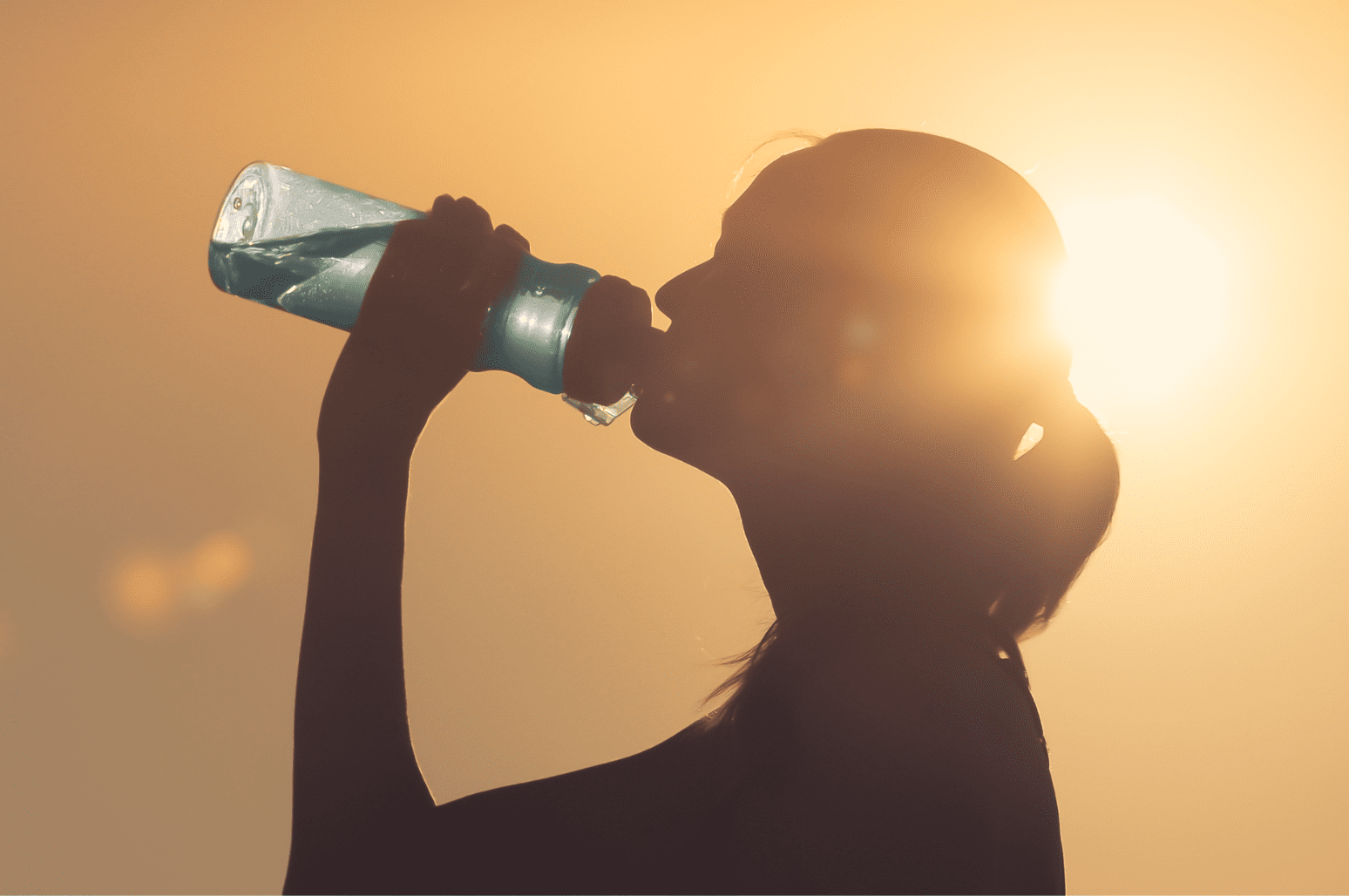The Importance of Potassium on Keto

Potassium is a mineral that’s essential for your body to function properly. So, what are the risks of potassium deficiency? What are the benefits of consuming potassium-rich foods? Where can you find the best keto-friendly food sources of potassium?
What is Potassium?
Potassium is a type of electrolyte that assists with nerve functioning and muscle contraction. It also helps move nutrients into cells and waste products out of your cells [1].
Potassium is highly reactive in water and produces positively charged ions when dissolved in water. This allows potassium to conduct electricity, which is important for bodily processes, such as fluid balance and nerve signaling.
An estimated 98% of the potassium in your body is found in your cells. Around 80% of the potassium in your cells is present in your muscle cells. The other 20% can be found in your liver, red blood cells, and bones [2] [3].
What are the Health Benefits of a Potassium on Keto?
Having plenty of potassium in your keto diet is associated with various health benefits, such as:
- A reduction in water retention and blood pressure
- Protection against stroke
- Prevention of kidney stones and osteoporosis
- Maintaining good fluid balance
- Supporting the nervous system [4] [5] [6] [7] [8]
What are the Signs of a Potassium Deficiency?
Over 98% of Americans don’t meet the US recommendations for potassium [9].
Potassium deficiencies usually happen when the body suddenly loses too much potassium. For example, chronic vomiting or diarrhea, excess sweating, or certain situations involving rapid water or blood loss can lead to potassium deficiency. Less commonly, it’s the result of low potassium intake.
You’re considered potassium deficient if you have a blood potassium level below 3.5 mmol per liter [10] [11] [12] [13]. The signs of potassium deficiency include:
- Weakness and fatigue
- Muscle cramps and spasms
- Digestive problems
- Heart palpitations
- Tingling and numbness (usually in the extremities)
- Breathing difficulty [14] [15] [16] [17]

On the other hand, consuming too much potassium is rare, and it’s typically the result of taking too many potassium supplements. Individuals suffering from poor kidney function or chronic kidney disease might also deal with excess blood potassium (when the body can’t remove the mineral through urine) [18].
What are the Best Food Sources of Potassium on Keto?
Potassium is abundant in numerous whole foods, particularly vegetables, fruits, and fish. Most health experts believe the optimal daily potassium intake is 3,500-4,700mg [19] [20].
The best keto-friendly food sources of potassium include:
- Beet greens
- Clams
- Avocado
- Spinach
- Swiss chard
- Salmon [21]
How Do You Get Enough Potassium on Your Keto Diet?
Share your favorite recipes using potassium-rich foods like avocados.
References
U.S. National Library of Medicine. Potassium.
Cheng, C-J., Kuo, E., & Huang, C-L. (2014). Extracellular potassium homeostasis: Insights from hypokalemic periodic paralysis.Seminars in Nephrology, 33(3), 237-247.
Kes, P. (2001). Hyperkalemia: A potentially lethal clinical condition. Acta Clinica Croatica, 40(3),
Aburto, N. J., Hanson, S., Gutierrez, H., Hooper, L., Elliott, P., & Cappuccio, F. P. (2013). Effect of increased potassium intake on cardiovascular risk factors and disease: Systematic review and meta-analyses. British Medical Journal, 3(346), F1378.
New, S. A., Robins, S. P., Campbell, M. K., Martin, J. C., Bolton-Smith, C., Grubb, D. A., Lee, S. J., & Reid, D. M. (2000). Dietary influences on bone mass and bone metabolism: Further evidence of a positive link between fruit and vegetable consumption and bone health.American Journal of Clinical Nutrition, 71(1), 142-151.
Gallen, I. W., Rosa, R. M., Esparaz, D. Y., Young, J. B., Robertson, G. L., Batlle, D., Epstein, F. H., & Landsberg, L. (1998). On the mechanism of the effects of potassium restriction on blood pressure and renal sodium retention.American Journal of Kidney Diseases, 31(1), 19-27.
Curhan, G. C., Willett, W. C., Rimm, E. B., & Stampfer, M. J. (1993). A prospective study of dietary calcium and other nutrients and the risk of symptomatic kidney stones.New England Journal of Medicine, 328, 833-838.
Campbell, I. (2009). Physiology of fluid balance.Anaesthesia & Intensive Care Medicine, 10(12), 593-596.
Cogswell, M. E., Zhang, Z., Carriquiry, A. L., Gunn, J. P., Kuklina, E. V., Saydah, S. H., Yang, Q., & Moshfegh, A. J. (2012). Sodium and potassium intakes among US adults: NHANES 2003-2008. American Journal of Clinical Nutrition, 96(3), 647-657.
Gennari, F. J. (1998). Hypokalemia. New England Journal of Medicine, 339, 451-458.
Viera, A. J., & Wouk, N. (2015). Potassium disorders: Hypokalemia and hyperkalemia. American Family Physician, 92(6), 487-495.
Veltri, K. T., & Mason, C. (2015). Medication-induced hypokalemia. Pharmacy and Therapeutics, 40(3), 185-190.
Mushiyakh, Y., Dangaria, H., Qavi, S., Ali, N., Pannone, J., & Tompkins, D. (2011). Treatment and pathogenesis of acute hyperkalemia. Journal of Community Hospital Internal Medicine Perspectives, 1(4),
McGee, S. R. (1990). Muscle cramps. JAMA Internal Medicine, 150(3), 511-518.
Vogalis, F. (2000). Potassium channels in gastrointestinal smooth muscle. Journal of Autonomic Pharmacology, 20(4), 207-219.
Olivero Sr, J. J. (2016). Cardiac consequences of electrolyte imbalance. Methodist DeBakey Cardiovascular Journal, 12(2), 125-126.
Armstrong, M. L., Dua, A. K., & Murrant, C. L. (2007). Potassium initiates vasodilatation induced by a single skeletal muscle contraction in hamster cremaster muscle.Journal of Physiology, 581(Pt 2), 841-852.
Lehnhardt, A., & Kemper, M. J. (2011). Pathogenesis, diagnosis, and management of hyperkalemia.Pediatric Nephrology, 26(3), 377-384.
World Health Organization. Guideline: Potassium Intake for Adults and Children.
The National Academies of Sciences Engineering Medicine. (2005). Dietary Reference Intakes for Water, Potassium, Sodium Chloride, and Sulfate.
Self Nutrition Data. Foods Highest in Potassium.











